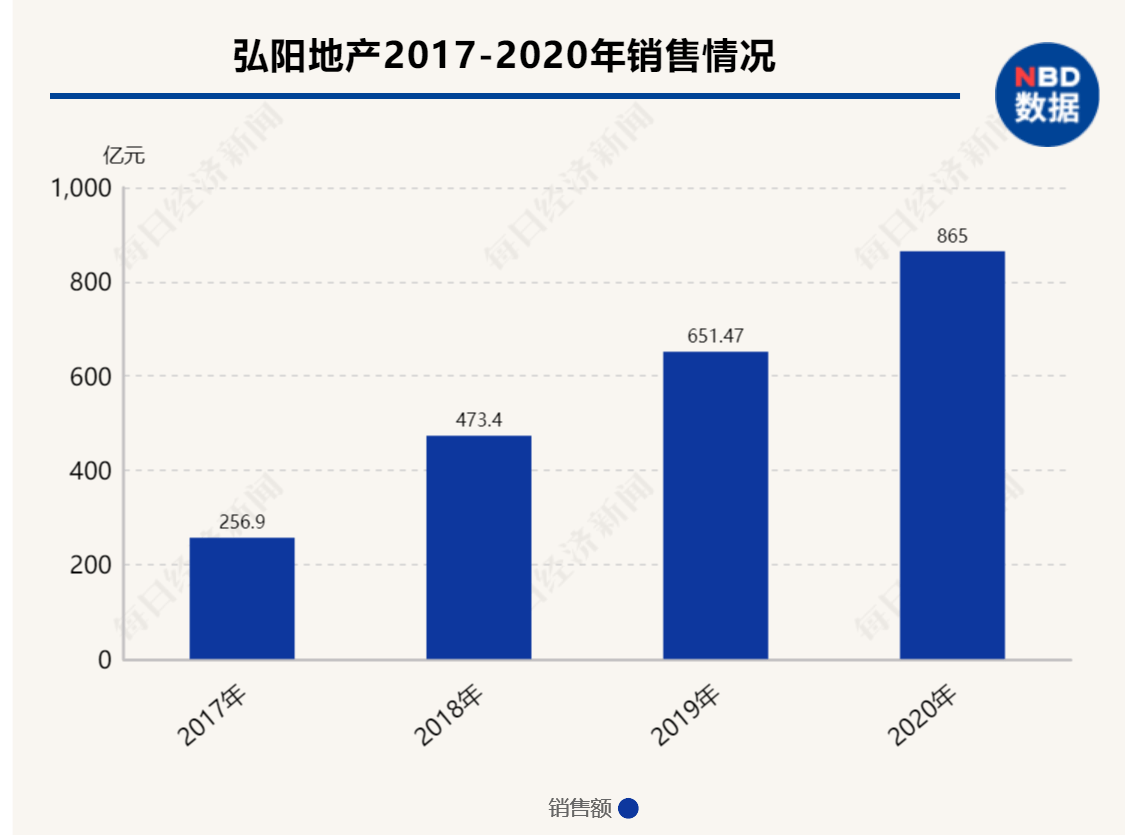Thanks to BioNTech and CureVac, German biotech companies collected more money than ever before. Nevertheless, the industry complains that the hurdles are too high to get fresh capital.
The financing of the German biotech companies rose to a record value of 3.1 billion euros last year, more than twice as much as in the previous record year 2018. However, half of this – 1.55 billion euros – went to the financing of the two vaccine developers BioNTech and CureVac. But even without these two lighthouses, the domestic biotech companies would have collected a record sum of around 1.5 billion euros, as figures from the audit firm EY show.
Biotech companies from Germany suddenly in focus
“2020 was an exceptional year in every respect for the German biotechnology industry,” explains one of the study’s authors, Alexander Nuyken. “The corona pandemic has suddenly brought biotech companies from Germany and their solutions for vaccines into focus. The financing figures are exploding.” As in 2019, two biotechnology companies from Germany took to the trading floor in 2020 – albeit not in Europe, but on the Nasdaq technology exchange in New York: CureVac and the Tübingen-based company Immatics. They received 215 and 224 million euros respectively in this way.
Reached serious size
CureVac has been particularly successful in raising venture capital. The company received a total of 560 million euros, including a state contribution from KfW over 300 million euros for the development of a corona vaccine. The company thus combined well over half of the total collected venture capital – together, the German biotech companies received 882 million euros, 84 percent more than in the previous year. Risk capital or venture capital is money that is made available for start-ups and young companies, often by investment companies, so-called venture capital funds. Overall, the German biotech companies have risen to a serious size. According to the EY figures, they generated sales of 3.2 billion euros in 2020, 43 percent more than in the previous year. The number of employees increased by 18 percent to 13,995. When it comes to spending on research and development, the listed biotechs can even report growth of two thirds to 1.4 billion euros.
Biotechs aren’t just vaccine makers
It is important to use this momentum to sustainably strengthen the biotech location and to show that the biotech industry can not only be used to fight diseases, but also offer innovative solutions for environmental, energy or nutrition issues, emphasizes EY expert Nuyken . “Biotech must be seen as a key technology in many areas, not just in the pandemic,” says Oliver Schacht, CEO of the Bio Germany industry association. Politicians must improve the conditions for financing growth. Although there is money in Germany for basic research and the early-stage financing of companies, there is a lack of large sums for the later clinical phases of drug development. Investors such as insurance companies are unlikely to invest in biotech companies, and share profits in Germany would be highly taxed.
Barrier to foreign trade regulation
In fact, the lawmakers have tightened the foreign trade regulation for fear of selling out German know-how and thus created a further barrier to investments from abroad, the EY experts also complain. Investors who are not based in the EU, for example, require a special permit with a stake of ten percent or more. According to the EY study, this is increasingly becoming an obstacle to investing urgently needed capital for the entire biotech industry. Because many European venture capital funds are based in locations outside the EU for tax reasons.





























































You must log in to post a comment.